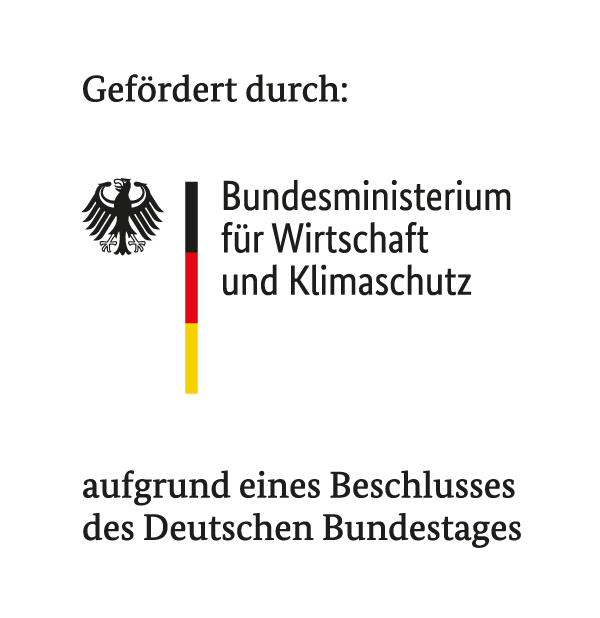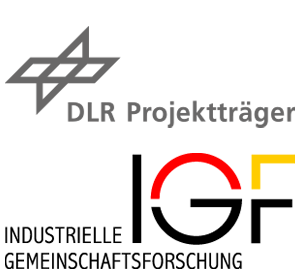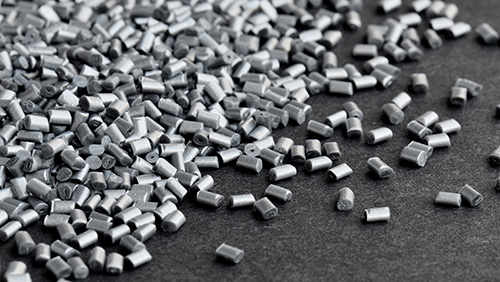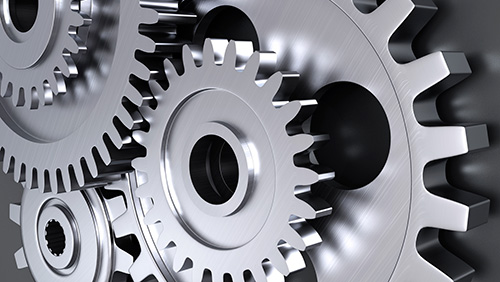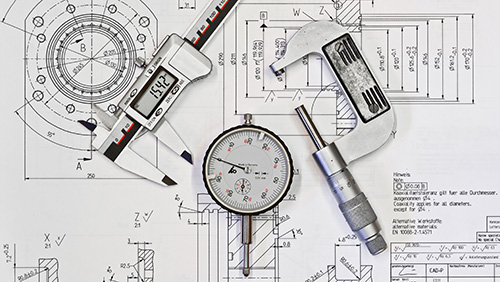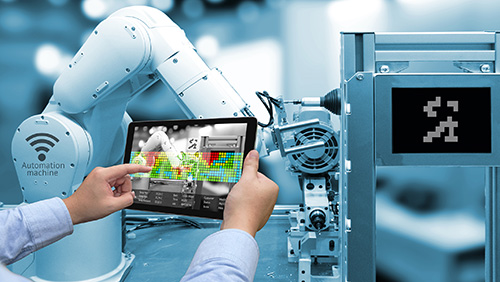Find projects
Refinement of recycled surfaces
Improving the processability of plastic recyclates with regard to subsequent surface processes
Project duration
From: 01.09.2022 To: 31.08.2024Description
Plastic components made from recycled material often exhibit material fluctuations, which leads to inhomogeneous surface properties. As a result, subsequent process steps that require well-defined surface properties become considerably more challenging. The aim of the project was therefore to qualify recycled materials for value-adding subsequent processes (e.g. bonding). To this end, atmospheric pressure plasma (ADP) technology was used to activate and coat recyclate surfaces in order to produce well-defined and consistently adhesion-friendly surfaces. The results achieved in this project contribute to a deeper understanding of the use of recyclates made of PE, PP and PA6.6 for surface treatment processes using the example of bonding. The project was able to show how ADP activation or coating affects the recyclate surface and how this improves (long-term) adhesion. By using an ADP coating, higher adhesive strengths up to the material limits were often achieved than with pure activation. An effective barrier layer was applied, leveling the recyclate surface, which enables reuse at the same or sometimes even higher level than with virgin material. In addition, moisture was investigated as a further influencing factor for PA6.6 and recommendations for the pre-treatment and bonding of recyclates were developed. This means that users now have the option of using recyclates for bonding processes. In this way, the increased use of recyclates is supported by reducing previous concerns about the materials.
Contact person:
